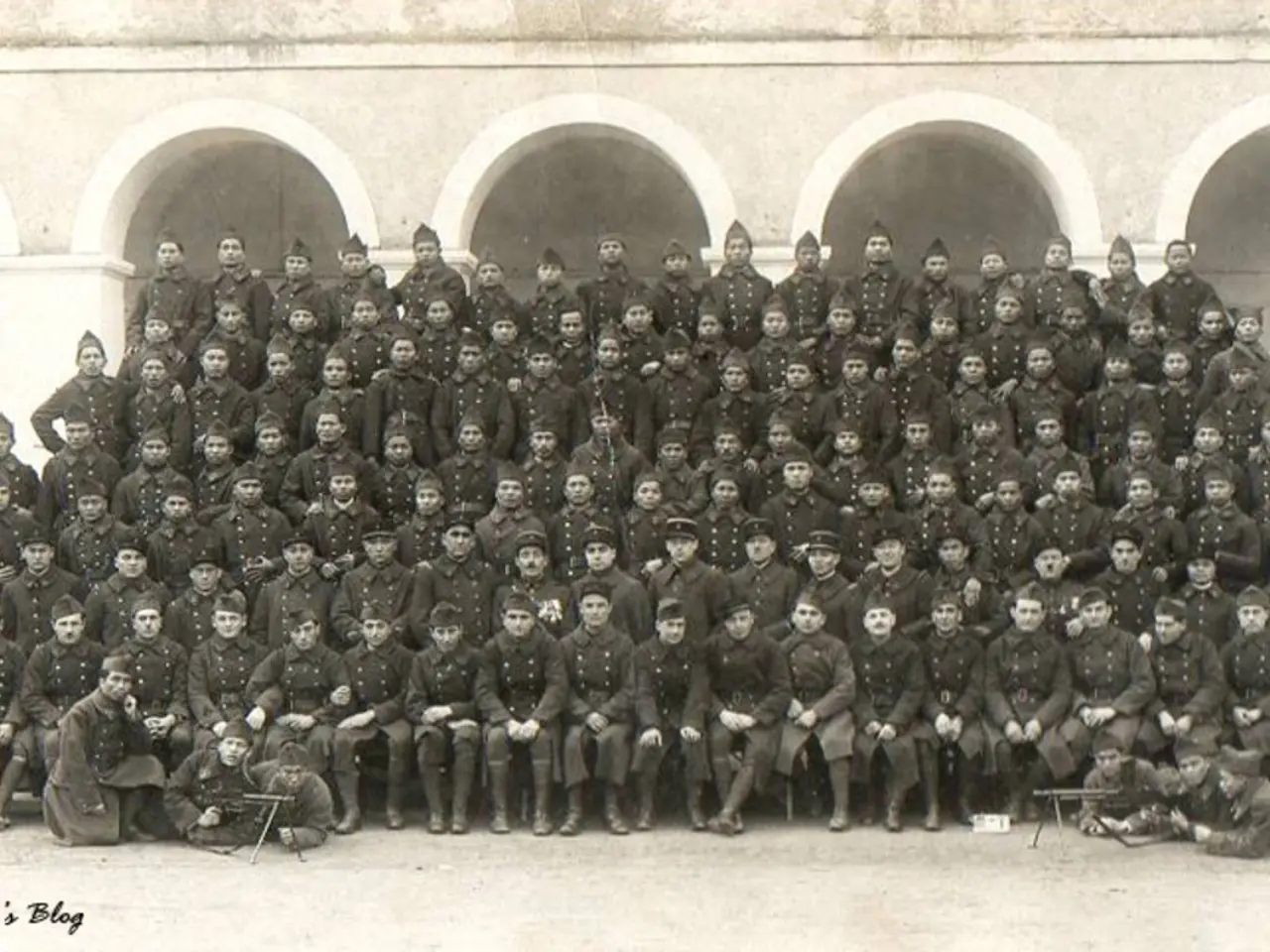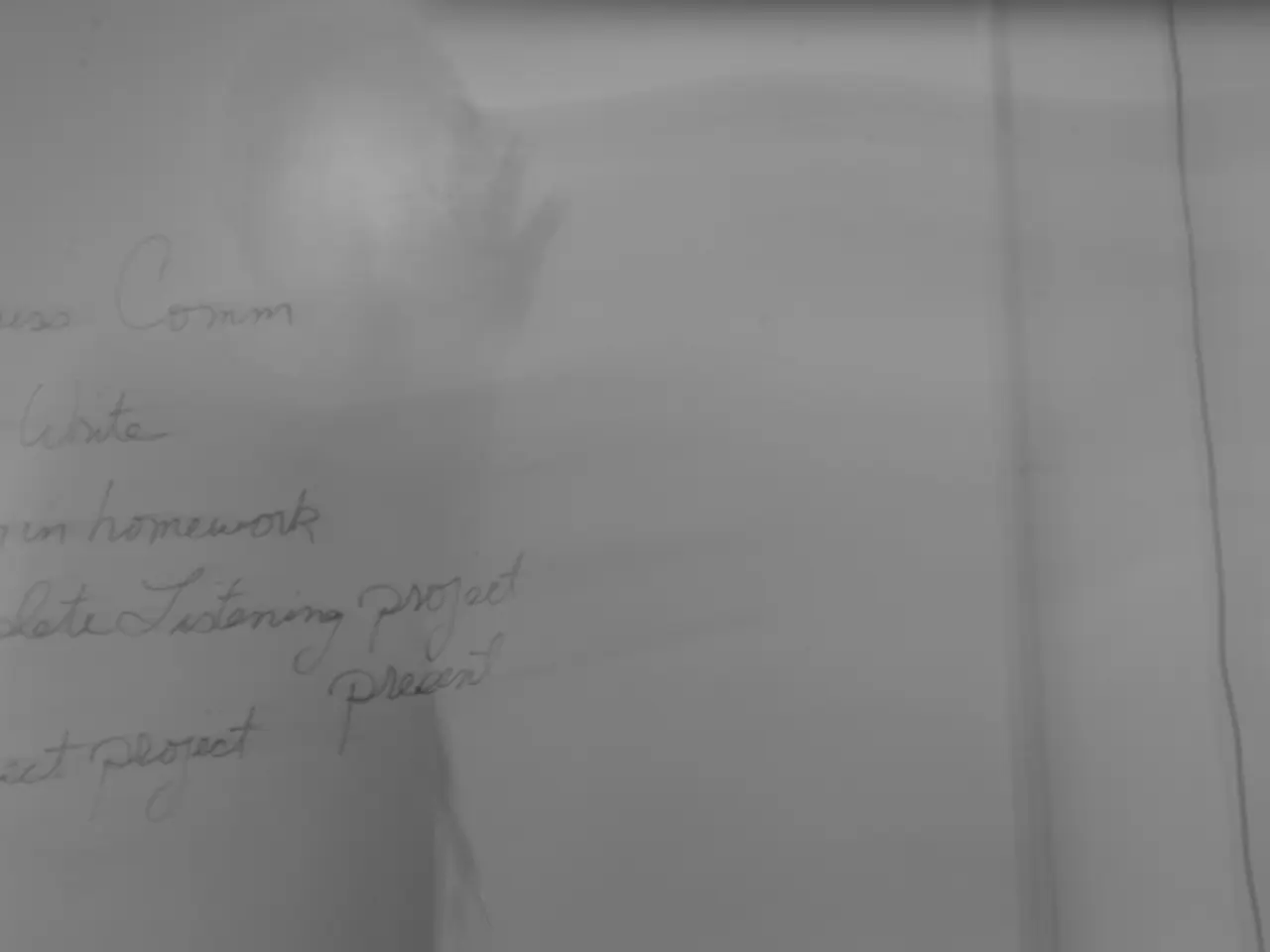Portugal's Leader Luís Montenegro still holds Prime Minister position
In Lisbon, Prime Minister Luis Montenegro retains his position following a parliamentary re-election, with Head of State Marcelo Rebelo de Sousa backing his reappointment. Despite their coalition, the Democratic Alliance, winning the early election two weeks ago with a substantial lead, they fell short of securing an absolute majority. As a result, Montenegro will continue to govern with a minority government.
The upcoming challenge for Montenegro will be presenting his government's program to the new parliament set to hold its inaugural session on June 3 or 5. If the program is rejected, Portugal may face a political impasse leading to another election, at least a year away, according to the constitution.
Portugal has already undergone three early elections since 2022, the latest of which was prompted by Montenegro losing a confidence vote initiated by him in March. His political stance has come under scrutiny due to opaque dealings in a family business, resulting in increased opposition pressure. Consequently, Portugal has been operating under a caretaker government with restricted powers.
Observers warn of an uncertain future in Portugal due to the coalition dynamics and the rise of the right-wing populist party, Chega. The conservatives strengthened their position in the May 18 election, expanding their seats from 80 to 91. However, the absolute majority of at least 116 seats remained elusive. Chega! finished as the second highest party with 60 seats, ahead of the Socialist Party PS with 58.
Despite the election outcome, cooperation with Chega has been ruled out by Montenegro due to ideological differences. A "grand coalition" between the conservatives and socialists appears equally unlikely. Challenges such as coalition-building, policy implementation, far-right influence, and social and economic pressures loom in the future.
Our enrichment data suggests that an unstable and ineffective government poses a threat to the implementation of key policies and reforms and could impact Portugal's international relations. The political landscape of Portugal appears to be undergoing a significant shift judging by the election results, potentially leading to permanent changes in the country's political dynamics.
In the forthcoming parliamentary session, Montenegro might face rejection of his government's program, leading to a political stalemate and the possibility of another election within a year due to Portugal's constitutional provisions. Furthermore, the unstable political climate in Portugal, characterized by the rise of the right-wing populist party Chega and the ideological differences hindering coalition formation, may negatively influence the implementation of crucial polices and reforms, potentially impacting Portugal's foreign relations and causing long-term changes in the country's political dynamics.








